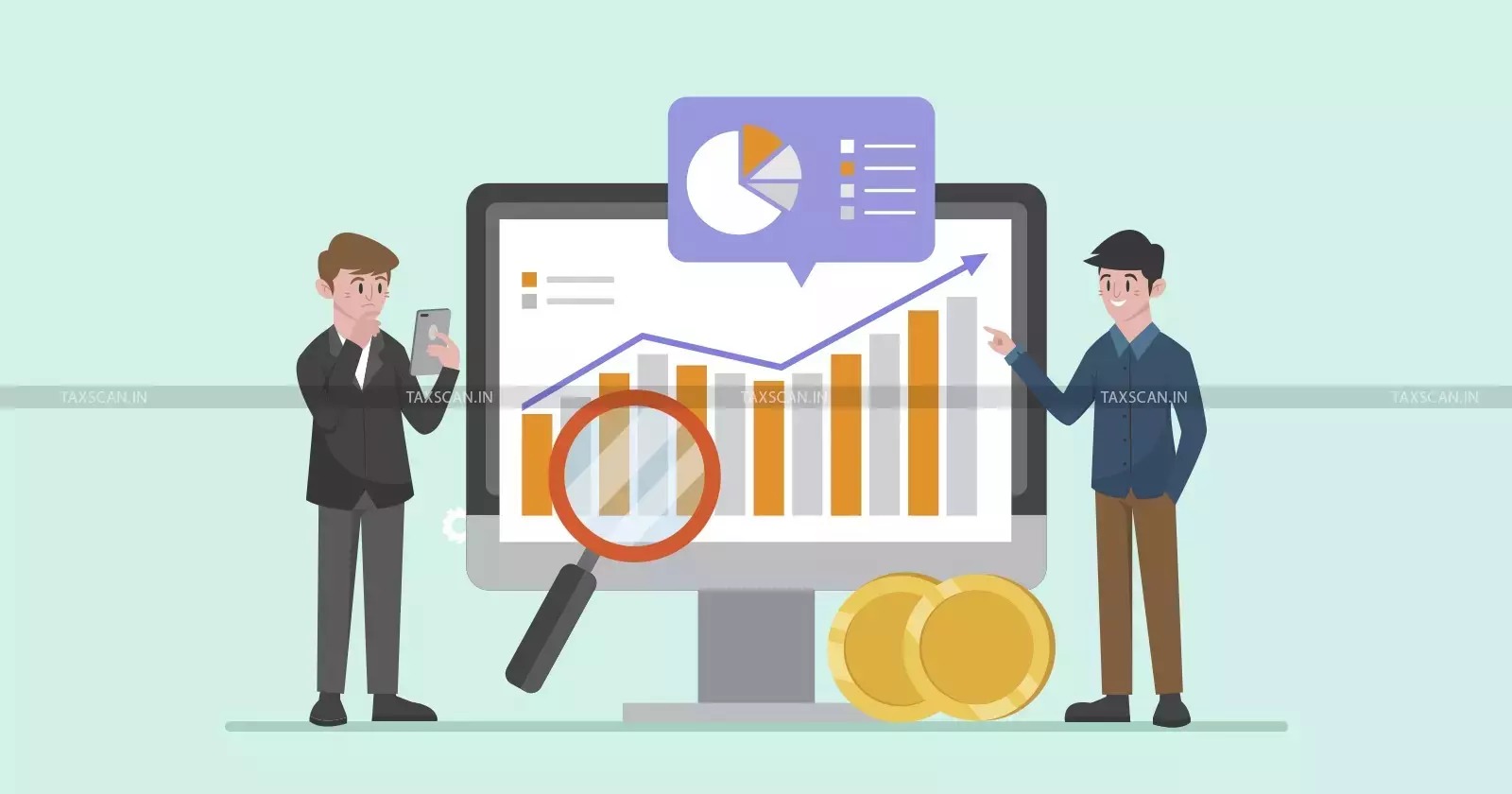Supreme Court Dismisses ₹244-Crore Service Tax Demand Against Bharti Airtel Over Employee Call allowance Scheme [Read Order]
The Supreme Court dismissed the Rs. 244 crores service tax demand against Bharti Airtel, upholding the CESTAT ruling that employee call waivers under its internal scheme are not taxable
![Supreme Court Dismisses ₹244-Crore Service Tax Demand Against Bharti Airtel Over Employee Call allowance Scheme [Read Order] Supreme Court Dismisses ₹244-Crore Service Tax Demand Against Bharti Airtel Over Employee Call allowance Scheme [Read Order]](https://images.taxscan.in/h-upload/2025/11/05/2102493-employee-call-allowance-scheme-service-tax-demand-supreme-court-taxscan.webp)
In a recent judgment, the Supreme Court dismissed the Rs. 244 crores service tax demand raised against Bharti Airtel Ltd., upholding the order of the Customs, Excise and Service Tax Appellate Tribunal (CESTAT), Chandigarh, which had ruled in favour of the company.
The dispute arose from Bharti Airtel’s “Airtel Employees Services Scheme”, under which employees were given a waiver on telephone charges up to a certain Call Free Allowance (CFA) limit for mobile and landline connections.
The Central Goods and Services Tax (CGST) Department claimed that the free call benefits amounted to taxable consideration and issued a demand of Rs. 118.7 crore in service tax along with a penalty of Rs. 125 crore for the period October 2004 to September 2009.
 Also Read:NFRA Launches Toolkits to Improve Audit Quality and Support Small & Medium Accounting Firms [Read Memorandum]
Also Read:NFRA Launches Toolkits to Improve Audit Quality and Support Small & Medium Accounting Firms [Read Memorandum]
The appellant’s counsel argued before the CESTAT that no service tax was payable because the calls made within the CFA limit were provided free of charge, and service tax could only be levied on actual consideration received. The counsel submitted that the waivers were part of employee benefits and not a taxable service transaction.
The Bench comprising Justice J.B. Pardiwala and Justice K.V. Viswanathan observed that the tribunal had correctly held that the waiver was merely a discount or concession and could not be treated as taxable consideration.
The court explained that under Section 67 of the Finance Act, 1994, service tax is payable only when consideration is received in money or in kind, and in this case, no such consideration flowed from the employees to the company.
The Supreme Court pointed out that the department’s reliance on assumptions and estimated calculations to determine tax liability was unsustainable. It accepted the tribunal’s finding that the “best judgment” assessment adopted by the department was arbitrary and unsupported by evidence.
Considering that the tax demand and penalties were legally untenable, the Supreme Court dismissed the appeal, bringing the long-pending dispute to an end. The ruling confirms that employee call waivers under Bharti Airtel’s internal service scheme do not attract service tax.
Support our journalism by subscribing to Taxscan premium. Follow us on Telegram for quick updates


